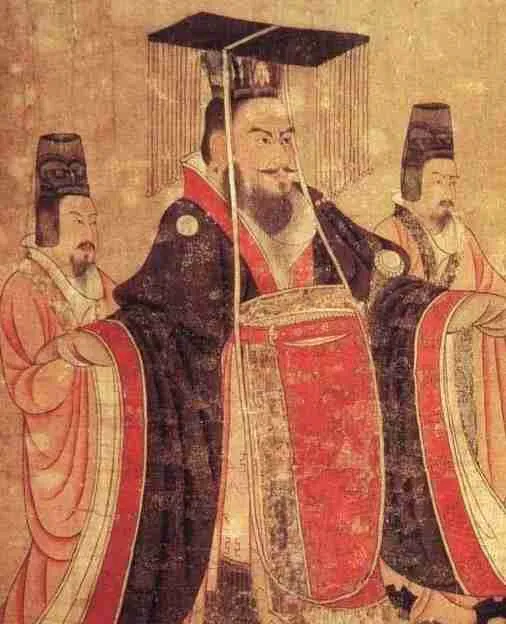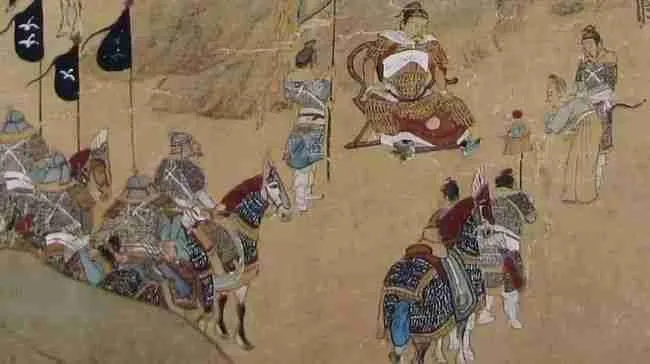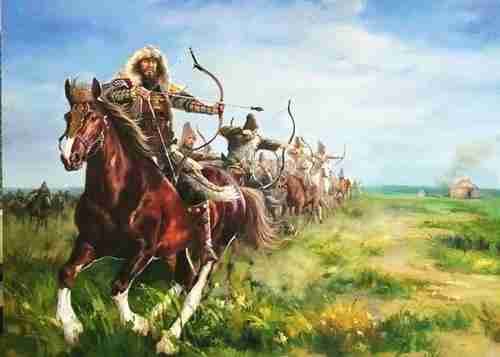Throughout Chinese history, there have been many names that have made an impact in China, historically and also modern China. One of these names is that of the famous Han Wudi. Here, we’ll look at what Han Wudi is known for and what he did.
Who Was Han Wudi?

Wudi (variation of the name from the Wade-Giles Romanticization is Wu-ti), whose original name is Liu Che, was one of the emperors who ruled China under the Han Dynasty. He’s better or formally known as the Emperor Wu of Han, and he was enshrined Emperor Wu the filial.
He is known as the emperor that made Confucianism the official religion of the state of China, and he also increased Han Dynasty’s authority across China.
Wudi or Liu is believed to have been Emperor Jingdi’s 11th son and Han’s dynasty’s 5th ruler (other texts place him as the 7th ruler of the Han dynasty). This is an interesting account because normally, the eldest son of the emperor is the one who would ascend the throne, yet Liu Che was made emperor despite being the 11th son. Well, it is said that this designation was made by the emperor’s relatives, who secured the designation as an heir to the throne when he was only 7 years old. Emperor Wudi or Wu of Han took over the reins when he was 15, and he would go on to rule for 54 years, which was an unbroken record for years, and up until Emperor, Kangxi took the reins, more than 1800 years later.
Perhaps this was fuelled by the fact that he had received a significant amount of education from his teachers and relatives, as well as the fact that this future emperor had also absorbed a lot of knowledge from the top 2 antagonistic schools of thought – Daoism and Confucianism. Leaders and teachers of both philosophies sought to be the leading belief in the Han dynasty and the Han monarchs.
What Did Han Wudi Do?

Wudi is known for increasing the authority of the vast Han Dynasty between 206BC and 220 AD, as he extended the Chinese influence abroad. Wudi is also the emperor that made Confucianism the official religion of China during his reign.
Emperor’s Wudi reign in the Han Dynasty started in 141BC, and during these early years, Wudi moderated his influence significantly over his relatives, as well as the court officials.
His reign is recognized as one that had the most far-reaching positive effects and influences on both ancient and modern China. The main reason for this is the fact that Emperor Wu of Han led the geopolitical expansion of the Chinese civilization, as well as the development of one of the stronger centralized states, thanks to the many government policies, the promotion of the hybrid Legalist-Confucianism doctrines, and the economic reorganization. He also made changes in social, cultural, and historical studies, and he’s been lauded for his influence in making possible some of the biggest religious innovations, along with his patronage in the musical arts and poetry. Emperor Wu of Han was behind the development of the Imperial Music Bureau, and he turned it into one of the most prestigious entities in China.
Emperor Wu of Han is also known for many other big achievements that have since shaped the face of China as we know it. These include
The emperor set up many Confucian academies in different parts of the country, and he also made the county a Confucianism state philosophically.
In his campaigns to expand the empire, he was not just able to keep out the Xiongnu nomad tribe that launched many attacks on the state, but he also established the Silk Road Trade and created the Great Wall. The establishment of the Silk Road Trade was possible after he sent Zhang Qian to Yuezhi – this was in 139BC.
During his long reign, Emperor Wu of Han was able to successfully consolidate power to a centralized system of governing, and his empire was quite vast, stretching to Central Asia, Vietnam, and Korea.
How Did Han Wudi Die?
Emperor Han Wudi died in 87BC. And though his death could have been natural, he seemed to have passed on after going through the most stressful last four years of his reign. It is said that these years were full of regret and retreat because his empire was not only unable to afford the expensive and aggressive foreign policy he’d set up but he was also forced into retrenchment. And in 91BC, this overly suspicious emperor suffered a huge personal loss when his apparent heir was accused falsely of practicing witchcraft against the emperor. And in great desperation, the son of the imperial confidant who made the accusation led an uprising that killed thousands, and the emperor’s heir committed suicide.
Why Was Han Wudi Important?

Well, on top of his many successful military conquests, which are the reason for the posthumous title of Wudi that he received (Wudi means Martial Emperor), Emperor Wu of Han left a big, unending mark in the state of China because he instituted transformative administrative reforms.
The emperor also expanded the Han empire to a great extent. Unlike the past emperors that had been ravaged by the Xiongnu nomads who invaded the empire from the North, Emperor Wu of Han was able to quell the threats. He won a large majority of the battles launched their way between 130 and 110BC, and these allowed him to expand the territory to the west and north.
As mentioned above, he established the Silk Road trade, opening up China to trade with countries beyond the dynasty’s borders.
Why Was The Ruler Wudi Important In The Achievements Of The Han Dynasty?
The emperor Wu of Han was important in the Hand Dynasty and the achievements that were achieved consequently because he led not only successful military conquests but also led great reforms that would lead to a more successful empire. Also, the establishment of Confucianism as the philosophy that the people were to believe in along with the imperial examinations meant that the elected officials in his government were smart and better leaders than the ones who were there previously.